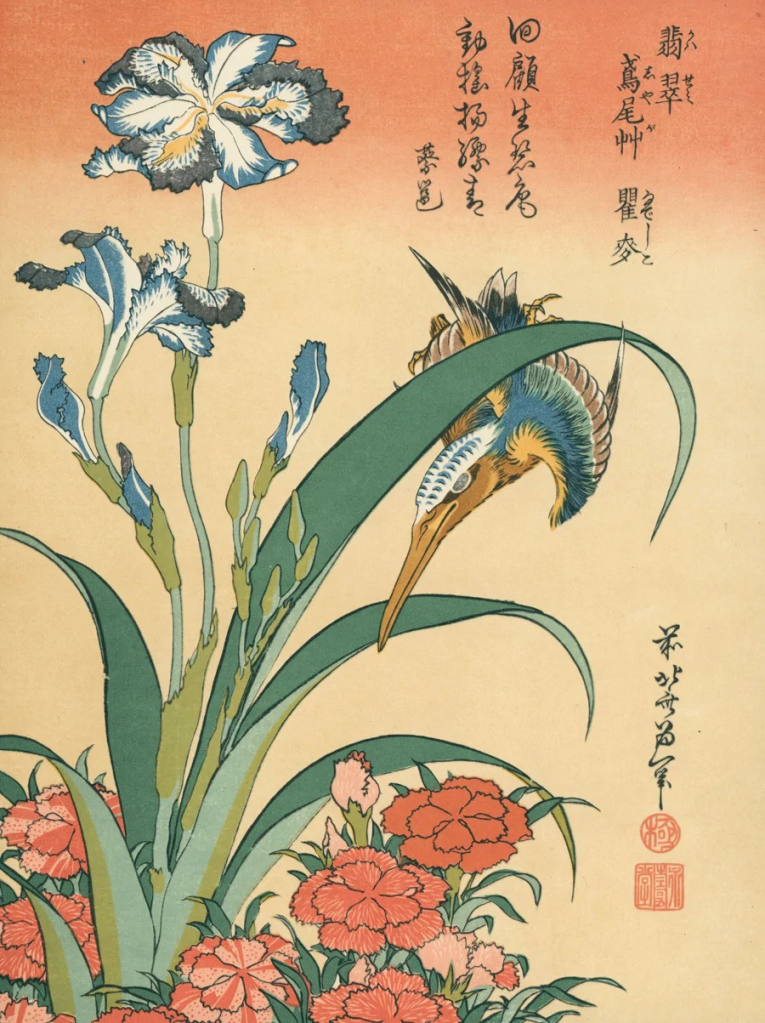My Japanese language teacher gave particular homework when I was a junior high school student in Kyoto. She assigned a Japanese poem to each student in the class and told us to interpret its meaning. The subject poem was from a Japanese classic anthology called Ogura Hyakunin Issyu which is composed of one hundred poems by one hundred poets. That set of one hundred poems was compiled in the 13th century in Kyoto, which was the capital of Japan then, and written by one hundred different representative poets of the era, who were sort of celebrities at that time. All poems are written in a specific style called ‘tanka’ that is a long version of haiku. The anthology has been popular all along for some reason so that it became a Japanese classic card game at one point. Even now, a national tournament of the card game takes place annually, which is a fixture of the New Year in Japan.

One of those poems was assigned to me for homework. A number had been given to each student according to the student register listed by names in alphabetical order. My number was eight. The poems also had a number for each and the teacher assigned the corresponding one to the student number. Mine was the poem number eight written by Kisen Hoshi who was a Buddhist priest. Not only the style but also the words and the place names used in the poem were too old for me to understand. It wasn’t appealing and I didn’t appreciate it. Besides, I was a thirteen-year-old who had any interest in neither in tanka nor haiku. Just to finish my homework, I was looking into and trying to interpret it. But the further I went, the fonder I grew of the poem. Rather I sympathized with it. To sum up, the meaning of the poem is “I am living a secluded life in my hermitage that stands away from a capital city. People call me a recluse.” Back then, I had just entered a privileged private school where I had been struggling to fit in. As a daughter of rural farmers, I couldn’t get along with other students from rich families. I usually felt like an outcast at school and the poem generated deep empathy.
The homework stimulated my interest in the anthology and I fell for it before I knew it. I read and interpreted all one hundred poems and in the end, I won the school’s card game tournament by remembering all the poems completely. I don’t say that poem changed my life, but it surely influenced the course of my life. As an unknown singer-songwriter, I often feel that I’m not part of this society. And I suspect that the poem is one of the reasons why I quite easily accept that feeling. It told me that I was not alone. It also showed me the strong power of what someone creates fueled by empathy. My belief that a song can change somebody’s life for the better may have stemmed partly from this encounter with the poem.
I’m still able to recite some of those one hundred poems. Among them,
the number eight that was given to me as my homework often comes up in
my mind. After decades have passed since I came across that poem, I feel
empathy more than ever. I had left my family and friends and moved into
a remote town closed in by mountains to make music. When I see the
snow-covered mountains from the window of my small apartment, I recite
the number eight poem unknowingly, and find myself living just as it is
written.
